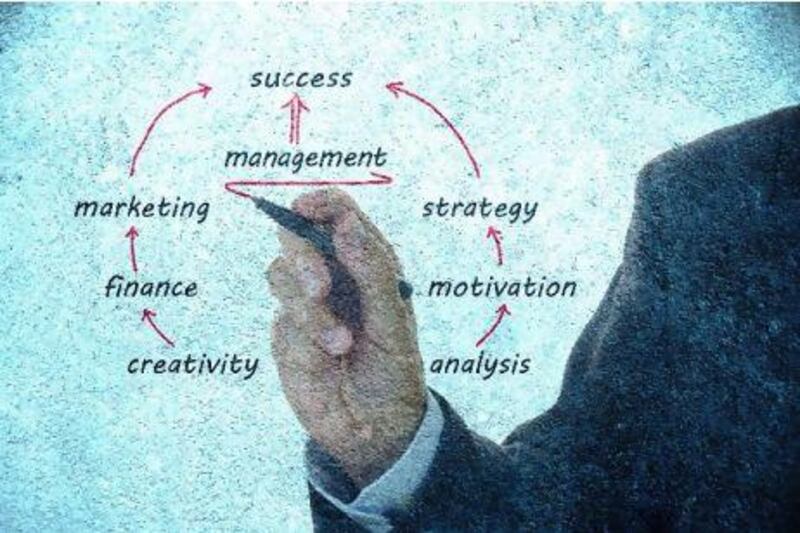Do you have a high-performing senior management team?
This question was recently put to senior leaders at one of the region's premier businesses. Instantly, the majority of individuals sat up straight and without hesitation declared that they were part of a high-performing team. It was as if they were offended that anyone would hint otherwise, or even ask such a question.
Thena team member pointed to the company's latest financial results and operational performance: the revenue was growing but at the expense of escalating cost, and the company was losing market share to its main competitor. And there was confusion over future strategy.
Then, sheepishly, the senior leaders acknowledged that on the basis of those measures, perhaps they were not a high-performing team.
I found it interesting that they did not hesitate to declare their excellence when in reality there was noevidence to support the claim. A simple definition of a high-performing senior management team is a group whose members complement, and even complete, each other. They are also aligned and committed, and they work together to achieve superior results.
This left me wondering: how many teams think they are better than they really are?
The following scenario may ring true for your organisation. When a team member misses a deadline for delivering on an expectation, another is ready to point this out during a meeting. Or if the deadline was missed because a different team member failed to deliver his or her portion of a project, someone is ready to cite that deficiency as the reason for the team's failure to deliver - again doing so in front of the top management.
I repeatedly hear of these scenarios. I can point to examples of this from at least five senior teams I have interviewed over the past month. Each one has its own story of the blame culture or of people waiting until the next team meeting to point out that a team member did not deliver.
Whenever I hear of this happening, I always ask, "Prior to the meeting, did you know that your colleague did not complete what was expected?" Inevitably, the answer is, "Well, yes I knew."
I then ask, "Why didn't you go to him ahead of time and see how you could help?"
Is this how a team works together?
You do not wait until you are in a formal meeting and then point out the fact that another team member did not deliver. High-performing teams are proactive and focused on team success, so if members see a colleague falling behind, they act to see how they can help. The success of the team is more important than trying to look good in a meeting at someone else's expense.
Tommy Weir is an authority on fast-growth and emerging-market leadership, author of The CEO Shift and the managing director of the Emerging Market Leadership Center
twitter: Follow our breaking business news and retweet to your followers. Follow us





